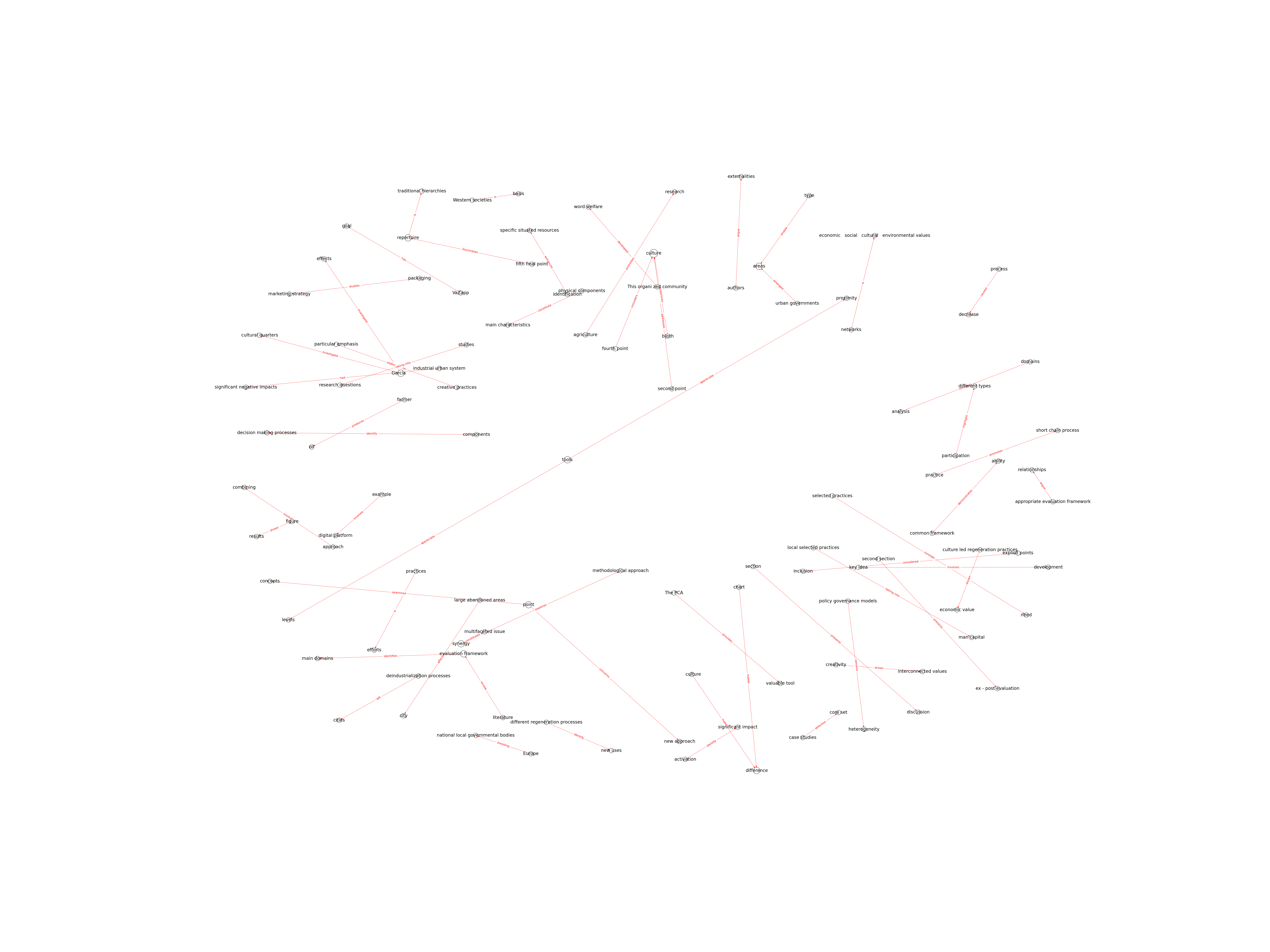| Id | 646 | |
| Author | Ozden P. | |
| Title | Culture-led regeneration projects in post-industrial areas: The Istanbul experience | |
| Reference | Ozden P.; Culture-led regeneration projects in post-industrial areas: The Istanbul experience ;WIT Transactions on Ecology and the Environment vol:155 issue: page:823.0 |
|
| Keywords | Culture-led regeneration; Industrial heritage; Istanbul; Postindustrial areas; Urban decline |
|
| Link to article | https://www.scopus.com/inward/record.uri?eid=2-s2.0-84865707459&doi=10.2495%2fSC120692&partnerID=40&md5=cbebba05c833d3daee737b2048a58e13 |
|
| Abstract | Culture-led regeneration has become one of the most important activities of todays governments and also the private sector. During the 20th century, traditional manufacturing activities were left behind and as a result of this, deindustrialization processes affected all cities. Especially inner neighborhoods and traditional city centers began to lose their identity very rapidly. This process caused the decrease of post-industrial urban areas. These large abandoned areas affected the city in a negative way; bringing economic burden and causing some environmental and urban problems, like urban safety issues, unhealthy urban image, etc. While urban governments and the private sector have recognized these areas as an opportunity for urban regeneration, culture-led regeneration has emerged as an effective method to regenerate the post-industrial abandoned areas. This type of regeneration would enable these areas and also the cities to gain a new image. Looking at the economic aspect, experiences have shown that, culture-led regeneration practices have added economic value to the city as well as spatial and social value. This paper aims to analyse post-industrial areas from the point of a culture-led regeneration perspective. In the scope of the study, post-industrial areas of Istanbul metropolitan city will be discussed from a culture-led regeneration perspective. By looking to new experiences some suggestions will be made in this respect. © 2012 WIT Press. |
|
| Metodology | Technique |

Note: Due to lack of computing power, results have been previously created and saved in database


